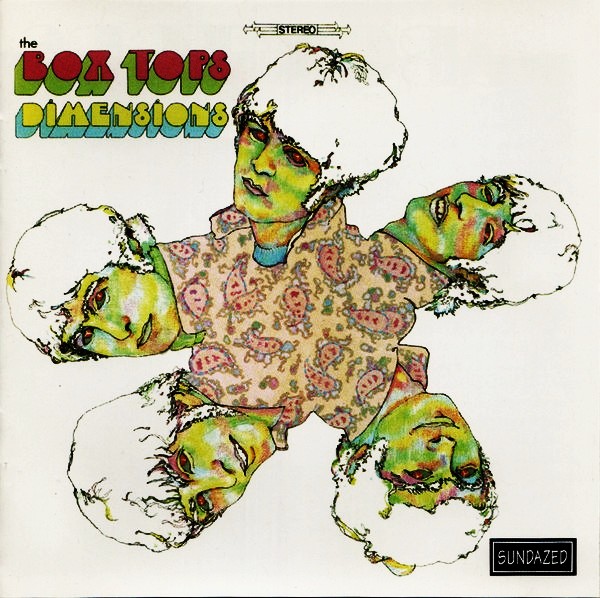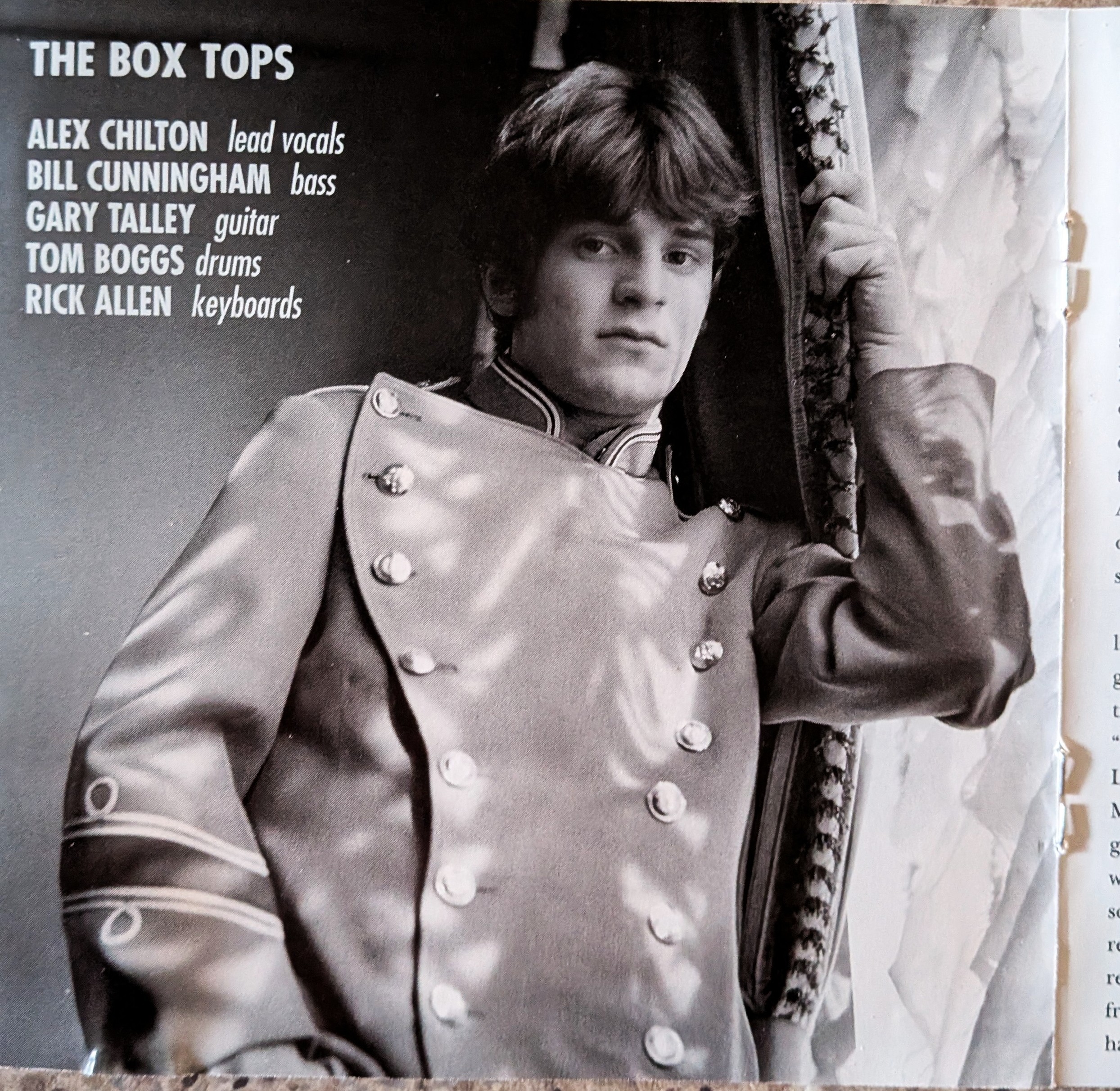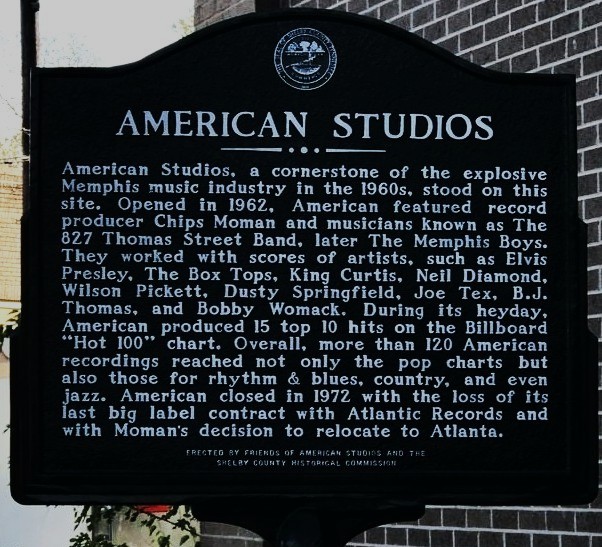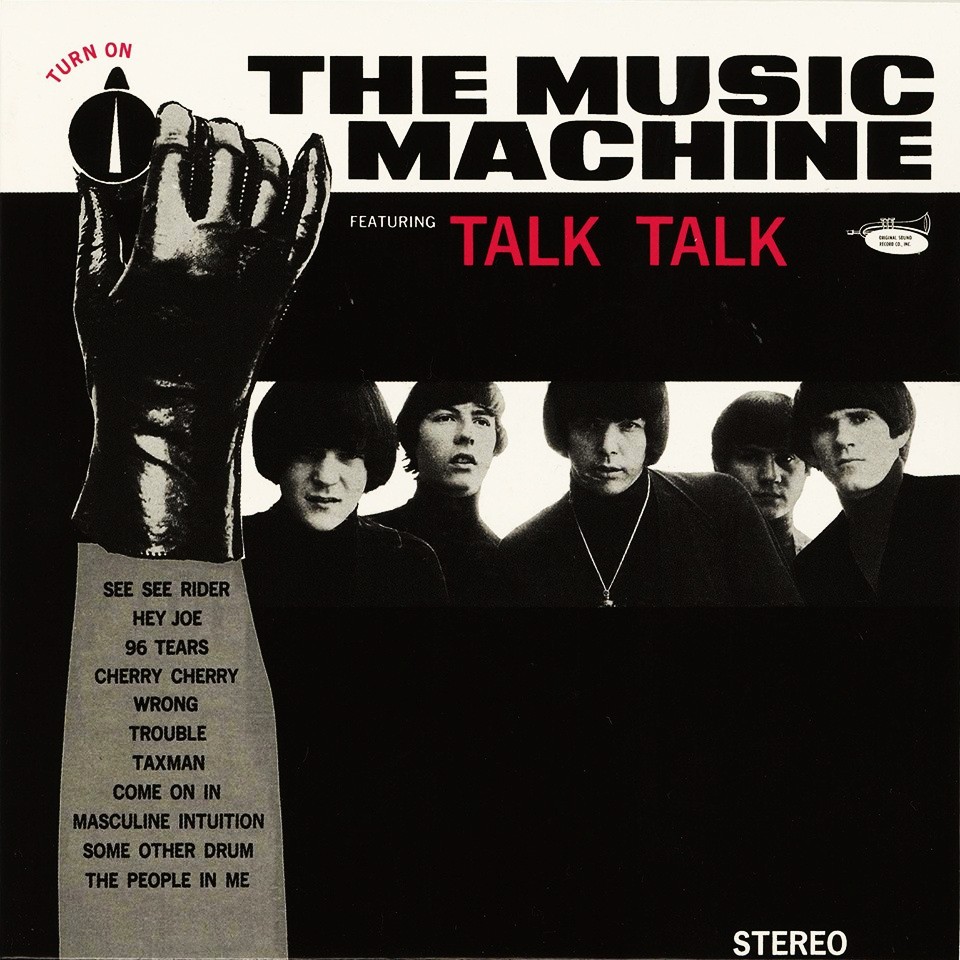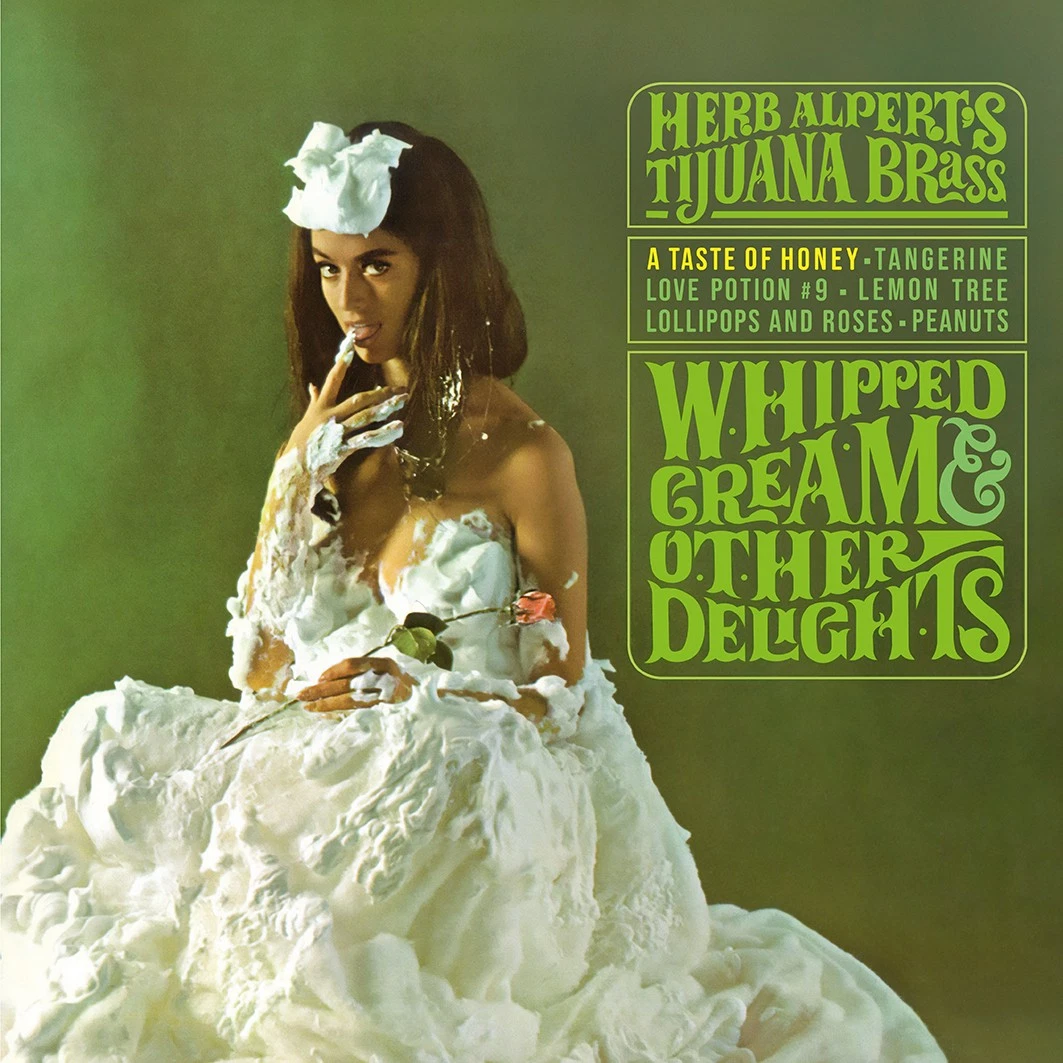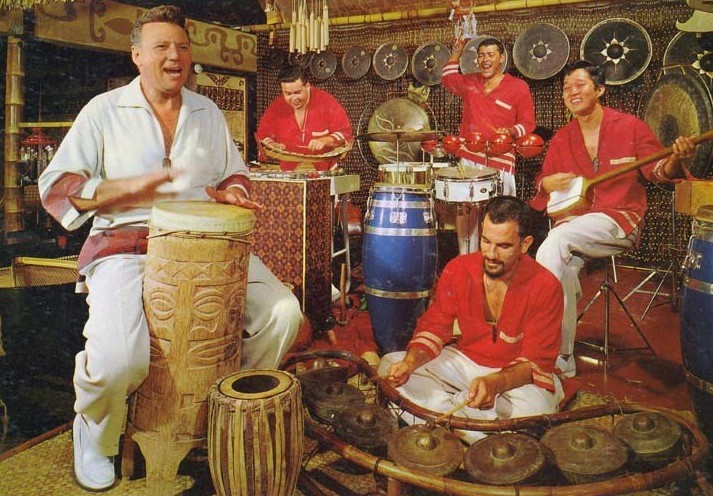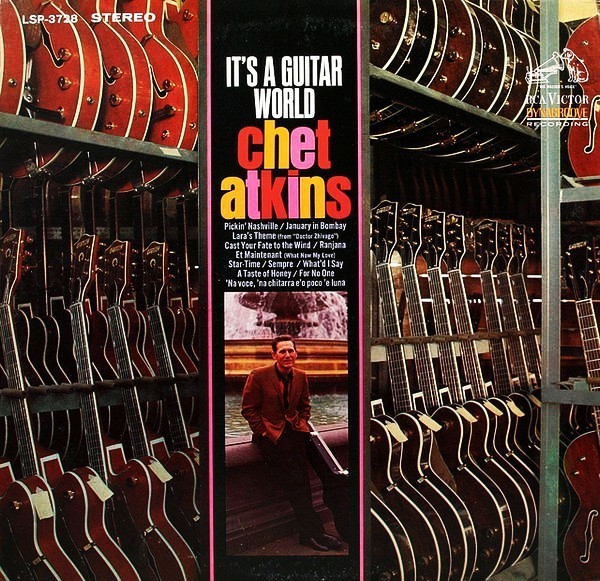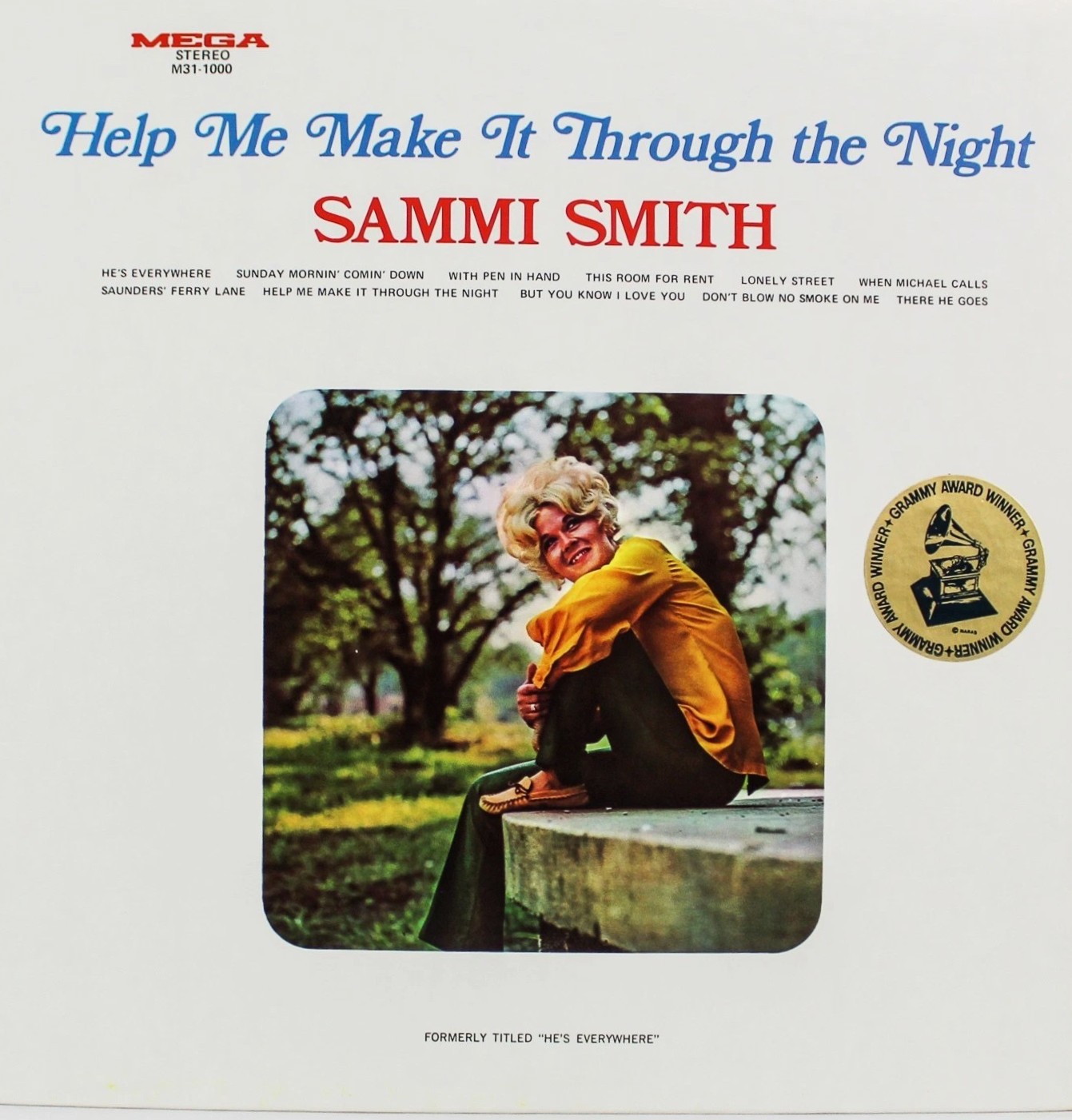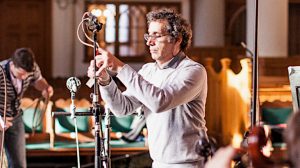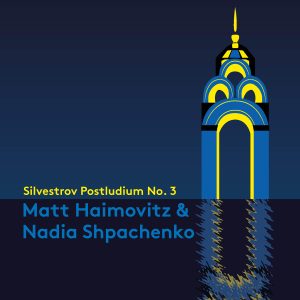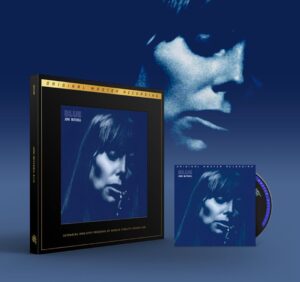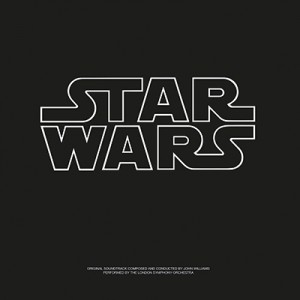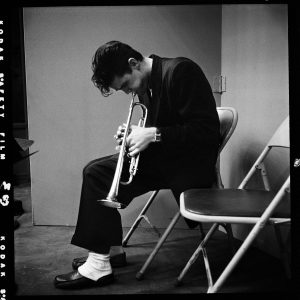Last year I reviewed my favorite album by The Box Tops album, their second, Cry Like A Baby HERE, and this time I'm reviewing my second favorite, their fourth and final title, Dimensions (Bell 6032/Sundazed SC 6161). I've never seen a clean copy of the LP, so I'm reviewing the Sundazed CD.
Before I get into my five favorite cuts, an important part of appreciating The Box Tops is knowing that there were two versions of this band. There was the band who performed in front of audiences, who were also seen on their album jackets. And there was the band, or better said, the studio musicians who created the records. The performing version of the band made a few recordings—"The Letter" is an example—but most of The Box Tops' songs were performed by studio musicians, and, fortunately for us, they were incredibly good musicians. The musicians were the employees of producer, musician, songwriter, and studio owner Chips Momen (1937-2016). His Memphis recording studio was American Sound, and his house band was The 827 Thomas Street Band, a name they were given by local Memphis musicians. Today they are remembered as The Memphis Boys, a name bestowed upon them by their peers in Nashville. Momen's musicians and studio were famous for hit records created by the likes of Neil Diamond, Dusty Springfield, B.J. Thomas, Elvis Presley, and, of course, The Box Tops. The only ingredients the two versions of The Box Tops shared were lead singer Alex Chilton, and some occasional backup vocals from the performing version of the band. If you want to know more about those fabulous Memphis Boys, please click on the link I provided in the first paragraph. You can also watch a cool video HERE.
Unlike Cry Like a Baby, Dimensions is not a concept album. It was also recorded a year later, right after American Sound's boys completed the sessions for Dusty Springfield's Dusty in Memphis, and during the period when they were working with Elvis on his acclaimed From Elvis in Memphis. By this time, The Memphis Boys had morphed into a powerful music-making machine that dripped with spontaneous creativity. Hence, the musicianship on Dimensions was an improvement over the previous Box Tops albums.
Cut one is an irresistible song called "Soul Deep." It's a two minute and twenty seven second deep-fried blend of blue-eyed soul, gospel, and country rock. Written by Wayne Carson Thompson, the man who wrote "The Letter," it reached number eighteen on the Billboard charts, and has become a staple of oldies radio. The song opens with assertive power chords from Reggie Young's electric guitar on the right, with an equally expressive rhythm guitarist on the left. While the two guitarists are playing off each other, Spooner Oldham's Hammond organ plays in the background while Gene Chrisman's powerful drumming keeps the song moving like a freight train. At eleven seconds Chilton's iconic voice enters. Way down in the mix, without a mic of his own, is Bobby Woods' gospel-flavored piano. Nobody else sounded like Woods and nobody else sang like the teenage Chilton. As far as I can hear, the only backup vocals are Chilton's own, of course overdubbed. By the time this album was being recorded, Momen owned a one-inch Ampex AG350 eight-channel recorder, so recording overdubs became a breeze. This is feel-good music bursting with crank-it-up magic, and I would do almost anything to hear the raw session tapes.
Cut two is the Bob Dylan song "I Shall Be Released." Let me say it right here: This is the definitive version of this song! It opens with Woods' beautifully played piano on the right, and this time he's mic'd, and very well captured. His piano is perfectly complimented by Chrisman's snare drum and his softly struck cymbal on the left. At six seconds, Chilton's voice arrives. For this cut cut, he sings without his usual gravel. His voice sounds like a work of fine art, and his singing adds gospel beauty to Dylan's lyrics. During the chorus, "any day now, any day now, I shall be released," Chilton is joined by a chorus of trumpets on the left, and a chorus from his fellow Box Tops on the right, with some help from an acoustic guitar. The arrangement is breathtaking, and it leaves the craggy and annoying version from The Music From Big Pink in the dust. Now that you've read my opinion, listen to both versions and make up your own mind. And while you're at it, take a listen to Boz Burell's version. Burell (1948-2006), best known as Bad Company's bass player, was the first to record the song after Dylan's 1967 original recording.
Cut three is "Midnight Angel," written by Mark James and Glen Spreen. It's a song they wrote exclusively for The Box Tops. Although there is no musical category called Funky Memphis Soul Psychedelia, those are the only words I can use to describe "Midnight Angel." Let me start my commentary with this: This song is wickedly fun. And it's a sonic highpoint as well. If you want to know why I'm crazy about The Memphis Boys, this cut will show you. Also, if you want to know why this album is called Dimensions, wait until you hear the dimensions that are happening here! It opens with Woods' piano on the right, accompanied by a spooky sounding blues harmonica in the middle. Also in the middle is a smacked tambourine. On the left is Chrisman, and his percussive savagery, aided by sparkling bells. Underneath everything is a huge sounding electric bass. Chilton consumed an extra bag of gravel for this song, and he's singing up a storm. By the way, you can't play this song too loud, so share it with your neighbors. Elvis was kind enough to lend out his Sweet Inspirations, and wherever these ladies are singing is a place I want to be. I could keep on writing, but right now I just want to escape my keyboard so I can crank this mutha up. I wish readers could hear what I'm hearing on my headphones. While I'm typing, eight KT88s are warming up in my Audio Research amp, so I can shake this shack up tonight.
Cut seven is the hit "Sweet Cream Ladies Forward March," a happy little song about the benefits of prostitution. Did I tell you this album is called Dimensions? It was released as a single prior to the release of the album, in December, 1968. The lyrics are silly, and thanks to the AM radios in cars, nobody paid attention to the lyrics. It's also a percussion tour de force. Chrisman is leading the march with his drums on the right, while somebody else pounds a big drum on the left. Helping the percussionists with their syncopated beat are blaring horns, a Hammond organ, and a tambourine. Chiton's voice sounds insanely great. Turn on your streamer, or your CD player, march right over to your volume control, and crank this mutha up to eleven. The drums will punch holes in your walls, and Chilton's vocals will mesmerize you.
Cut eight is an original by Chilton called "The Happy Song." It's a happy country song about feeling happy. Chilton sings in his natural voice without gravel, and I always find myself singing along. In fact, it's the song that never fails to stick in my head after I play this CD. It features some seriously good electric and acoustic guitar picking. And Bobby Woods' piano seems to be the vehicle on which this picking fest rides. It's simple and effective, and for me it's the way I chose to end the album.
Just in case you noticed, I never identified the acoustic guitarist. The reason is because there is no way to know who that person was. Although Reggie Young was famous for playing lead guitar on most of American Sound's sessions, Tommy Cogbill, Mike Leech, and Chips Momen all played guitar. Momen, in fact, was a great guitarist. The twangy lead guitar, the hook that grabs you on Aretha Franklin's "Respect," was his.
While revisiting Dimensions, I was constantly under Reggie Young's spell. Young (1936-2019), like his friend and fellow Memphian Steve Cropper, proved that less is often more when it comes to playing the electric guitar. Never flashy, like Jimmy Page or Eddie Van Halen, Young's on-the-spot inventiveness was second to none. Great examples of his iconic guitar work can be heard on B.J. Thomas's "Hooked On a Feeling," The Box Tops' "Cry Like a Baby," Petula Clark's "Neon Rainbow," and Dusty Springfield's "Son of a Preacher Man." When Young wasn't breaking musical barriers with his Danelectro electric sitar, his instrument of choice was a 1957 Fender Stratocaster played through his 1965 Fender Deluxe Reverb.
Lastly, there is the ever-important recorded sound. It's superb. For forty years I've been a Chips Momen fan. His sound was unique. Before he opened American Sound in 1964, he worked for Stax Records, so to my ears his sound was the Memphis sound. The Momen sound is punchy, colorful, focused, and stereophonically panoramic. When American Sound's business slowed down in the early seventies, he closed the studio, packed his bags, and moved to Atlanta. Not finding success there, he went to Nashville. There, he reunited with some of his old musician pals and became part of the early eighties country music scene, making successful albums with Merle Haggard, Willie Nelson, and Waylon Jennings.




